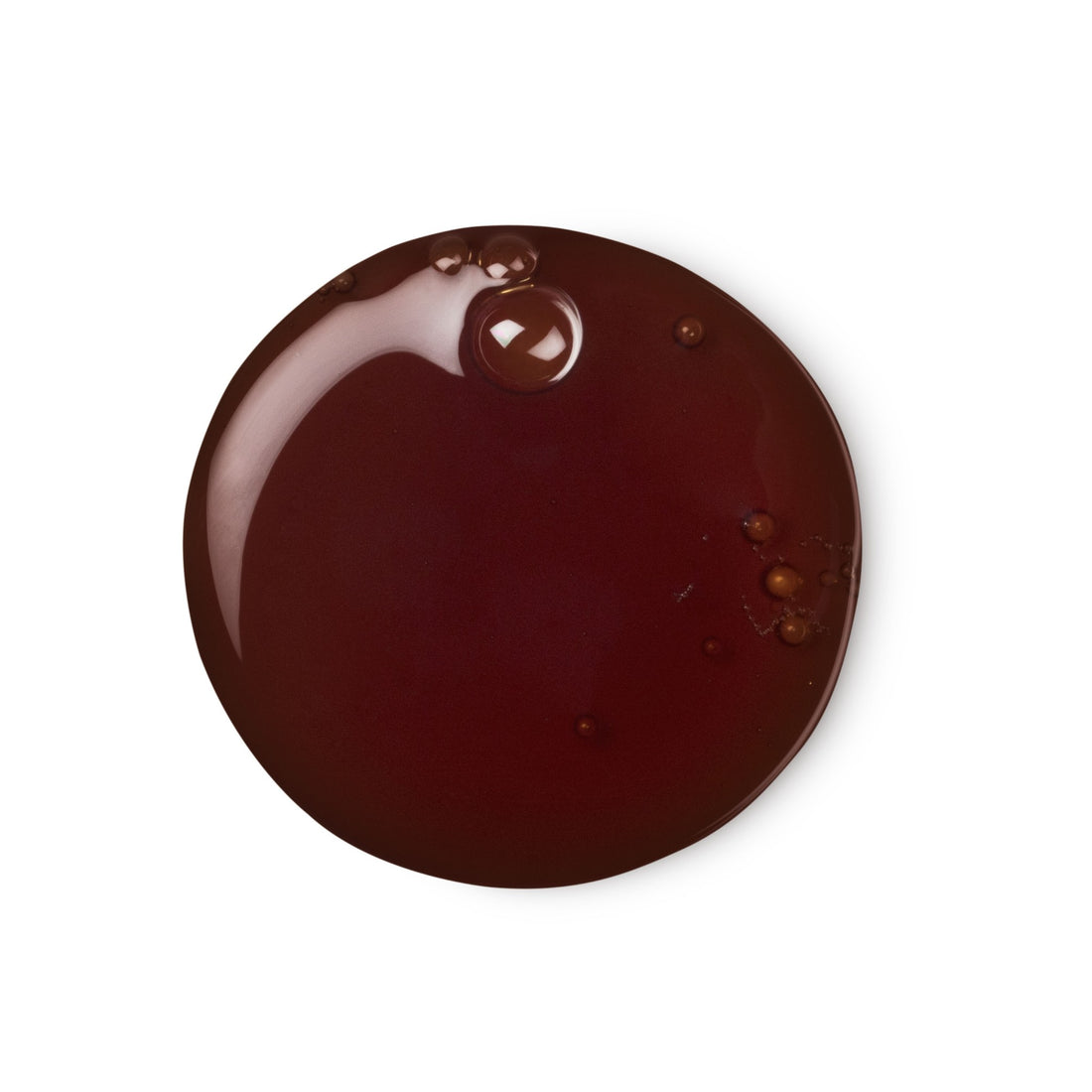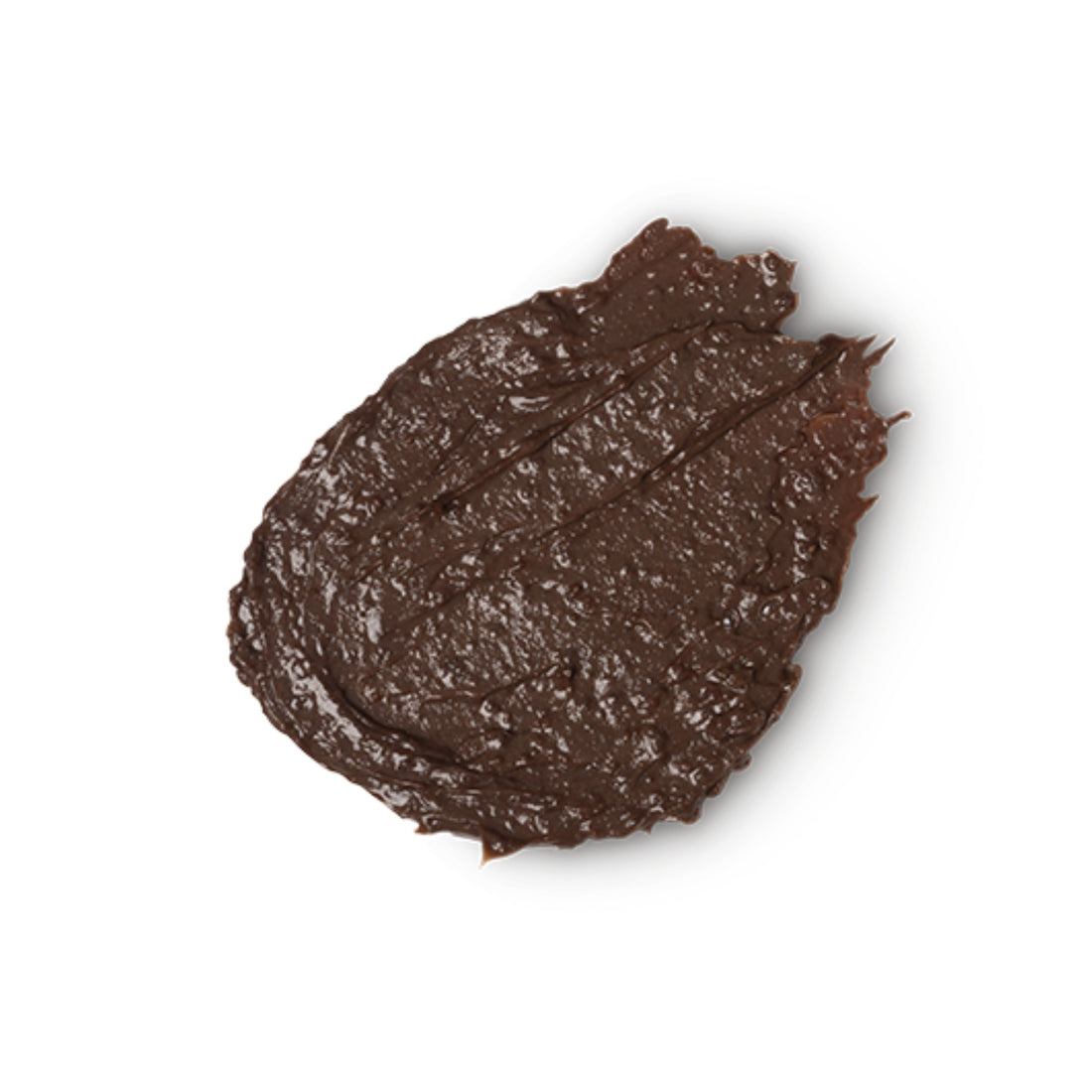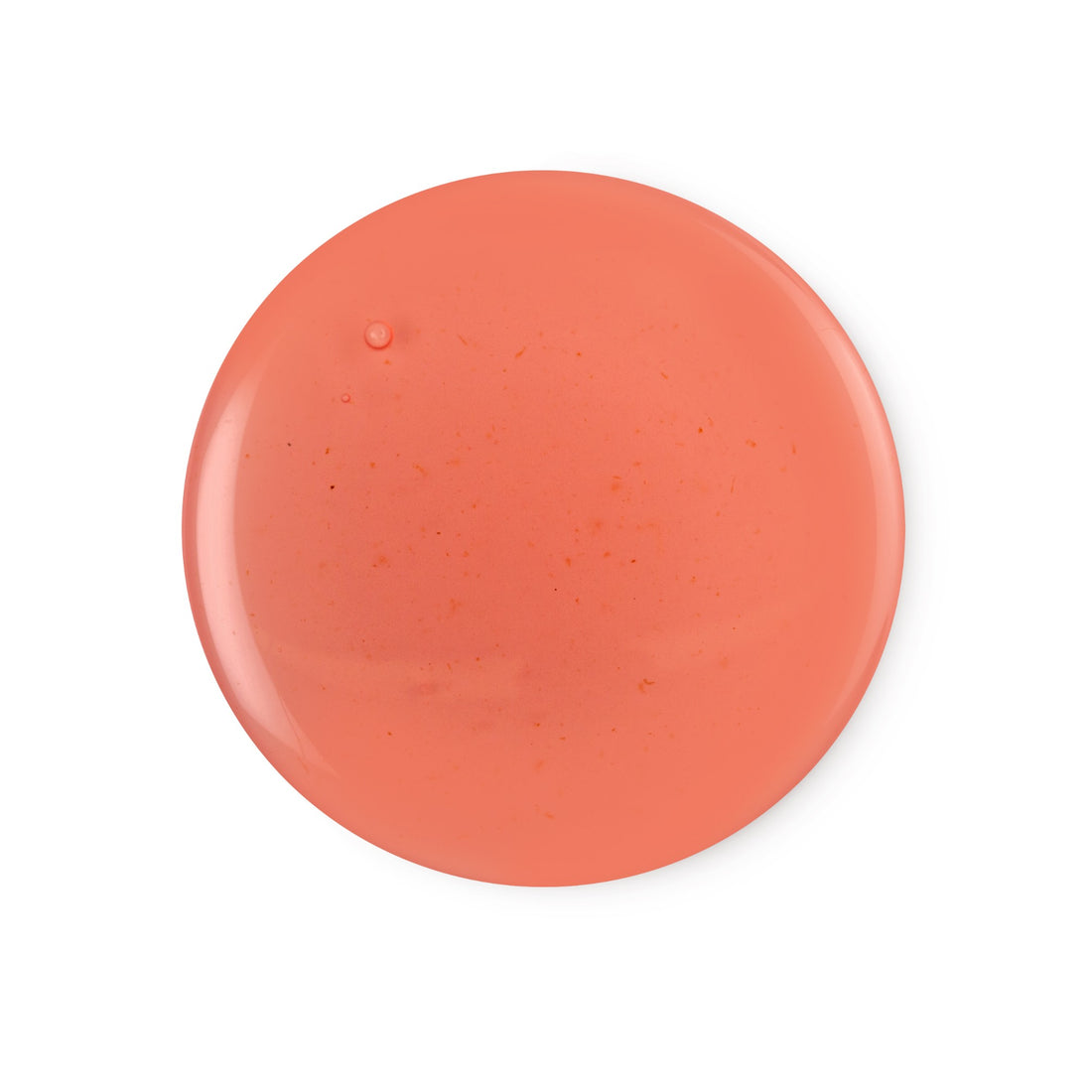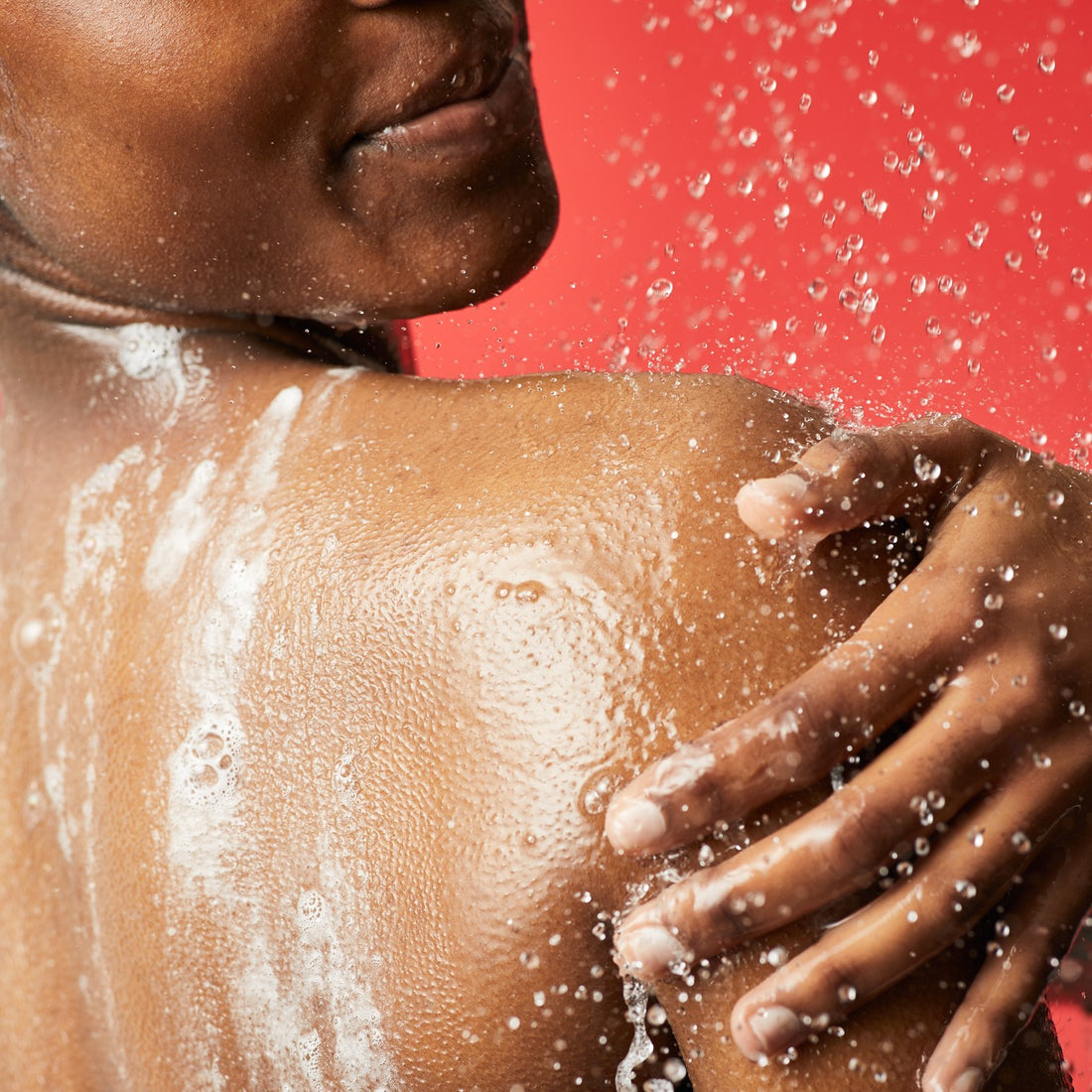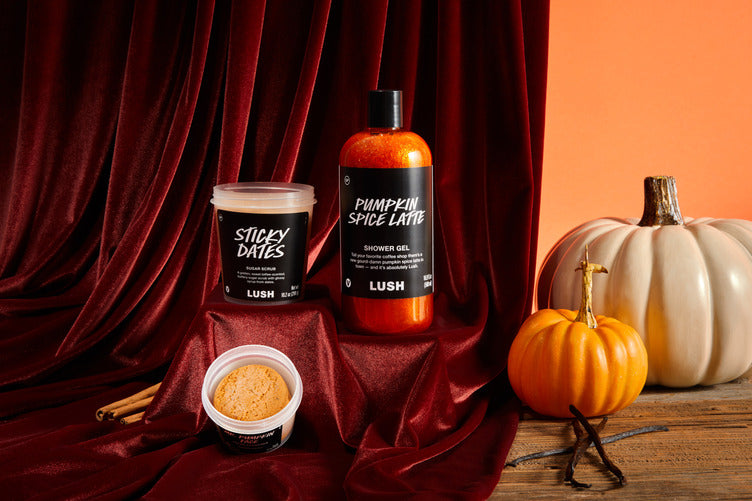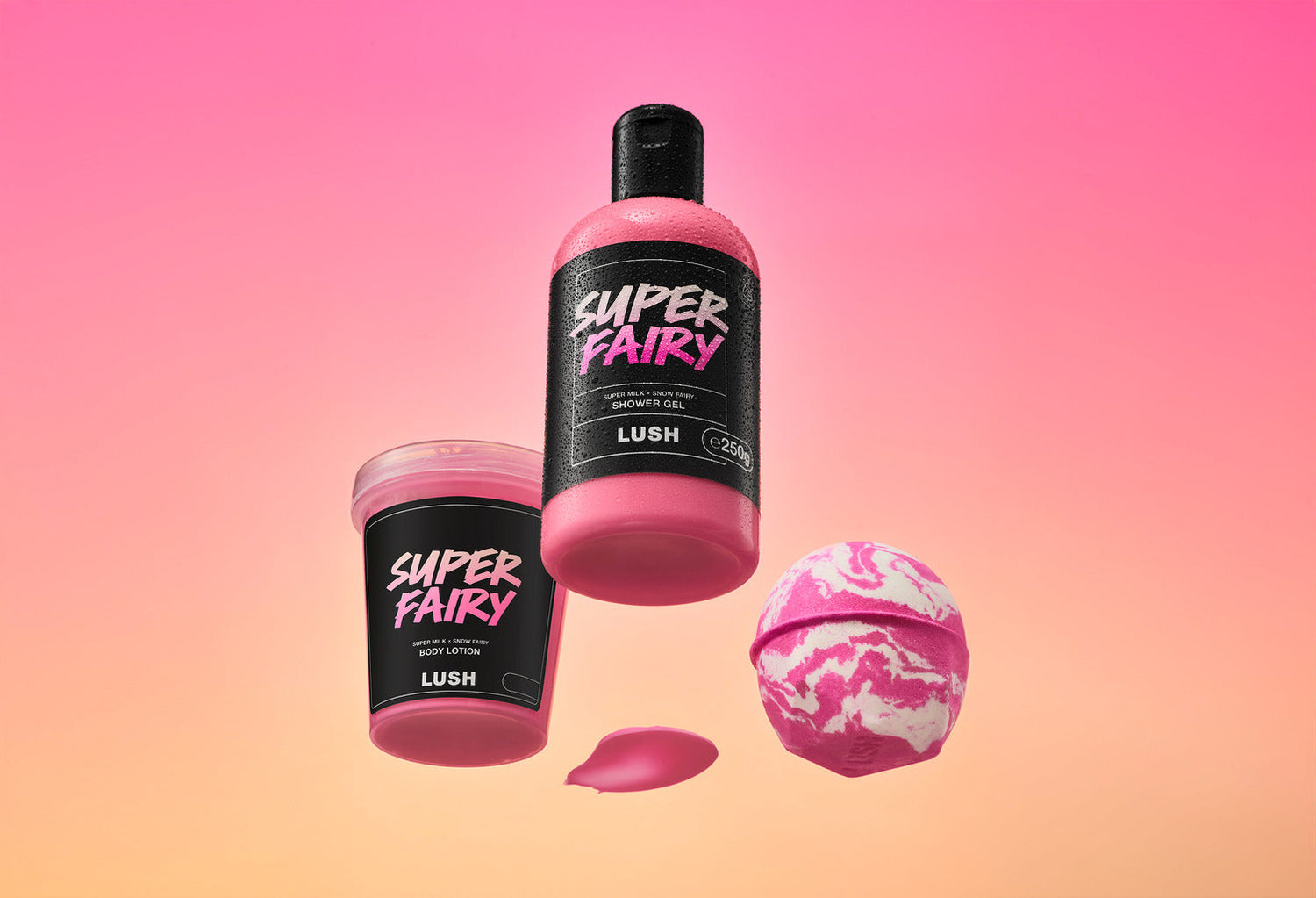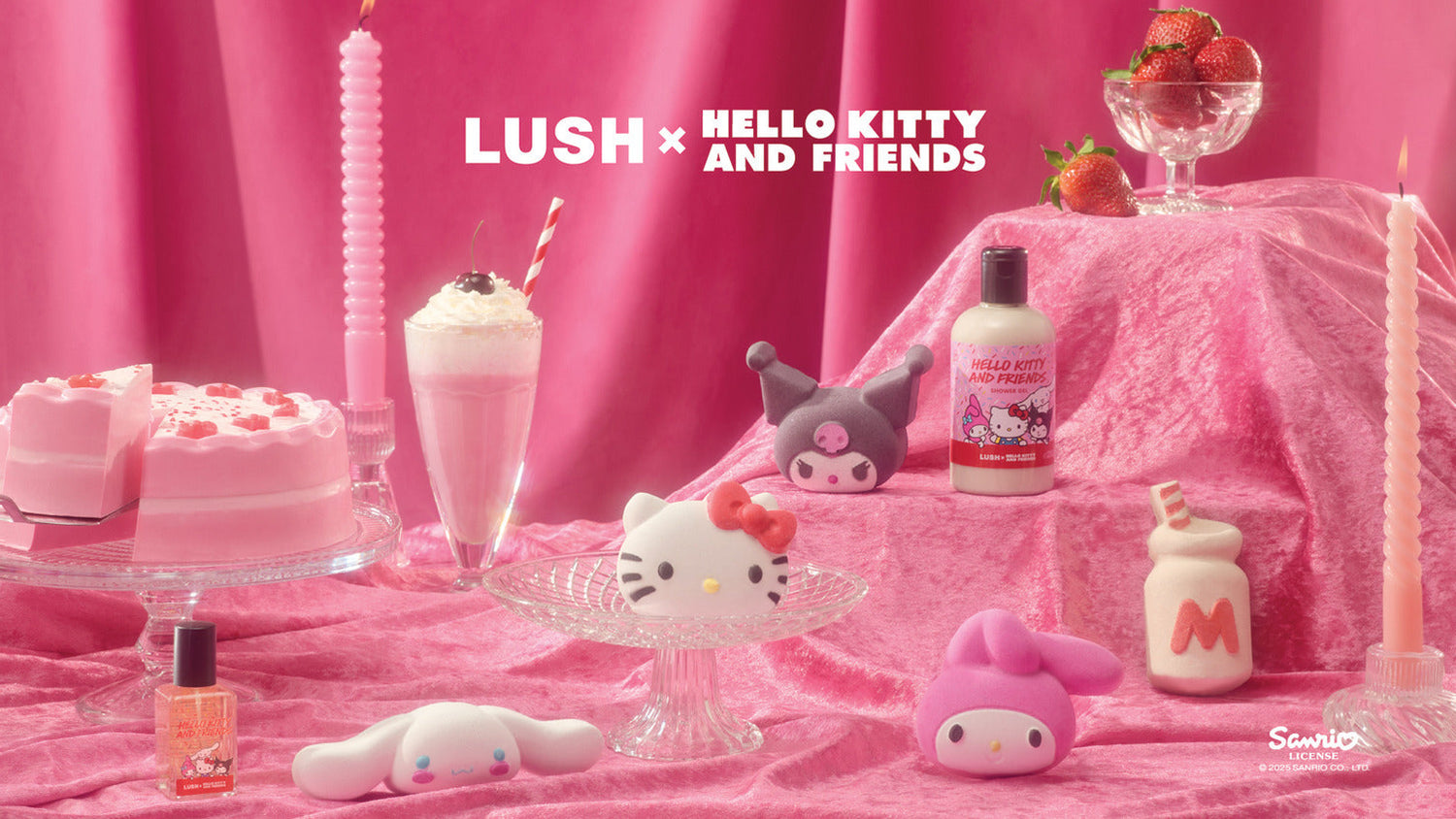Product perfumery at LUSH is a mixed bag of creativity, the obscure and often madness. If you were asked ‘make a perfume for this product, it’s purple’ how would you go about it? According to Emma Vincent, making a fragrance takes a decent amount of courage, creativity and a thick skin.
Beginning her Lush journey nineteen years ago, we find Emma in the job a million Lushies could only dream of, working as one of a close-knit family of perfumers for Lush.
Having spent a fair amount of time in Poole’s EC department (the only location on the planet that produces our product perfume), Emma has the valuable knowledge and experience to pull together popular scents, proven by customer favourites' Avocado Co-Wash and Plum Rain.
What is the process of making a product perfume?
Emma explains: “For me, it’s actually quite disposable work. It’s not anything I stay very attached to because it could always end up not being used or it’s not liked, so I don’t want to labour too much time on it. I try to keep it quite simple. It’s never more than 10 to 15 materials and I try to be as creative as possible because when you’ve been doing it for a while it’s hard!”
The product is often almost finished, with its own characteristics; shape, colour, and effects for the body, but it will be missing the perfume. This is where collaboration between Emma and product inventors is most valuable. Explaining a little more, she continues: “They’ll tell me specific ingredients that they’ve used and then I’ll try and feature those materials in the fragrance so they complement each other.”
But what happens when the brief is wide open? This is where inspiration comes into play. Emma says: “If someone comes to me and says ‘Can I have a lemon fragrance?’ it’s a case of well, I’ve already done fifteen, where can I find the inspiration from now? You just have to think of things from a different angle,” she continues. “Sometimes I might just get the name of the product, which is vague. I have to find inspiration for myself, so I look through cocktails and recipe books and see what combinations of fruity things they’ve put together, but not everything works. Despite that, product perfumery is generally pretty simple. It will always feature naturals and it’s definitely easier than fine fragrance.”
What's the difference between product perfumery and making a fine fragrance?
That depends on the application. Emma explains: “If you’re making a fragrance for a body lotion it’s very different from making it for a fine fragrance because there are different factors you need to have for your fine fragrance. It has to have long-lasting fragrance and it has to lift off with the ethanol. With product perfume, you just need to ensure it works and it’s suitable for the product.”
Why do we make our own fragrances at LUSH?
In an industry in which perfumes are bought rather than made in-house, why does Lush make not take the easy approach? Responsible sourcing is one reason. Another is appreciation for perfume as an integral part of the product.
The thought is always with the customer and what could be enjoyed by many, but a little personality is thrown in there too, as Emma explains: “I try to think about what might be popular, but it will tend to be more to my taste. I can make a product perfume and it can smell a certain way, and it’ll be fine, but I’ll try to make it nicer or prettier.”
But what happens when a perfume is made and it’s not used? Well, while not everything is suitable at the time, it doesn’t mean in the future it won’t be enjoyed. Encouraged by Lush co-founder and perfumer Mark Constantine, nothing Emma creates is thrown away: “There are things I’ve made that I don’t particularly enjoy or like, but I keep them on the table. One of the things Mark says to me is ‘No matter what you create don’t put it in the bin. You might not like it, but actually, it might be really stunning or it might be something we can incorporate with something else.”
Discover the whole range of fragrances on our website, via the app or speak to a member of staff in store.





